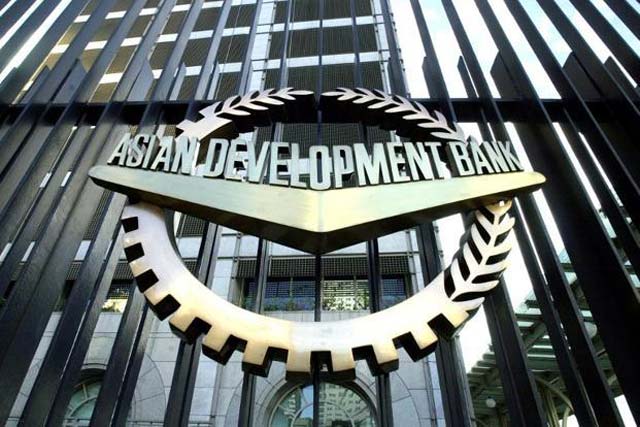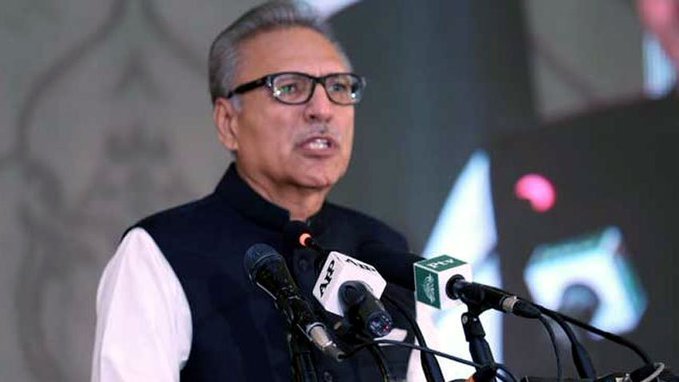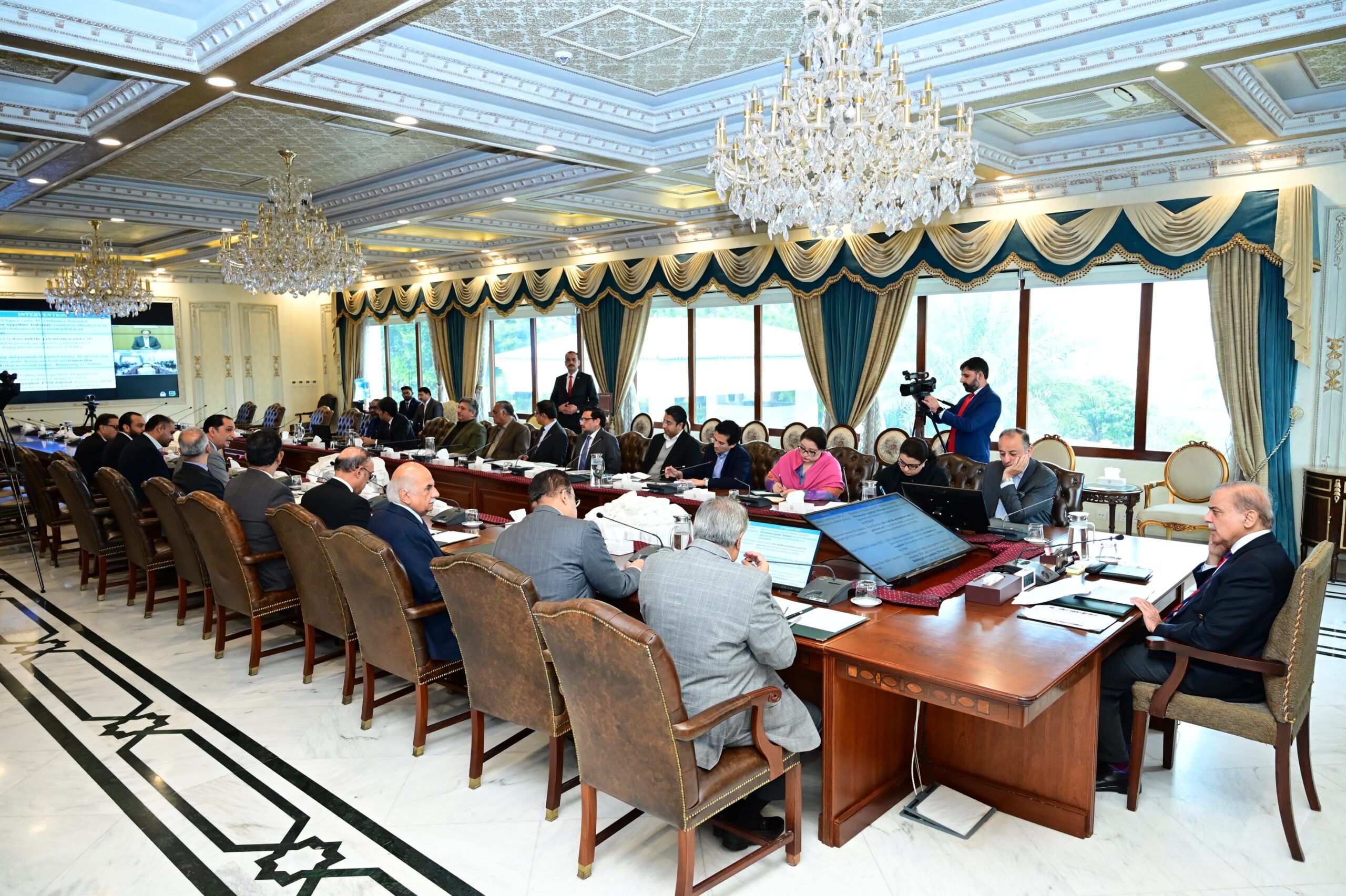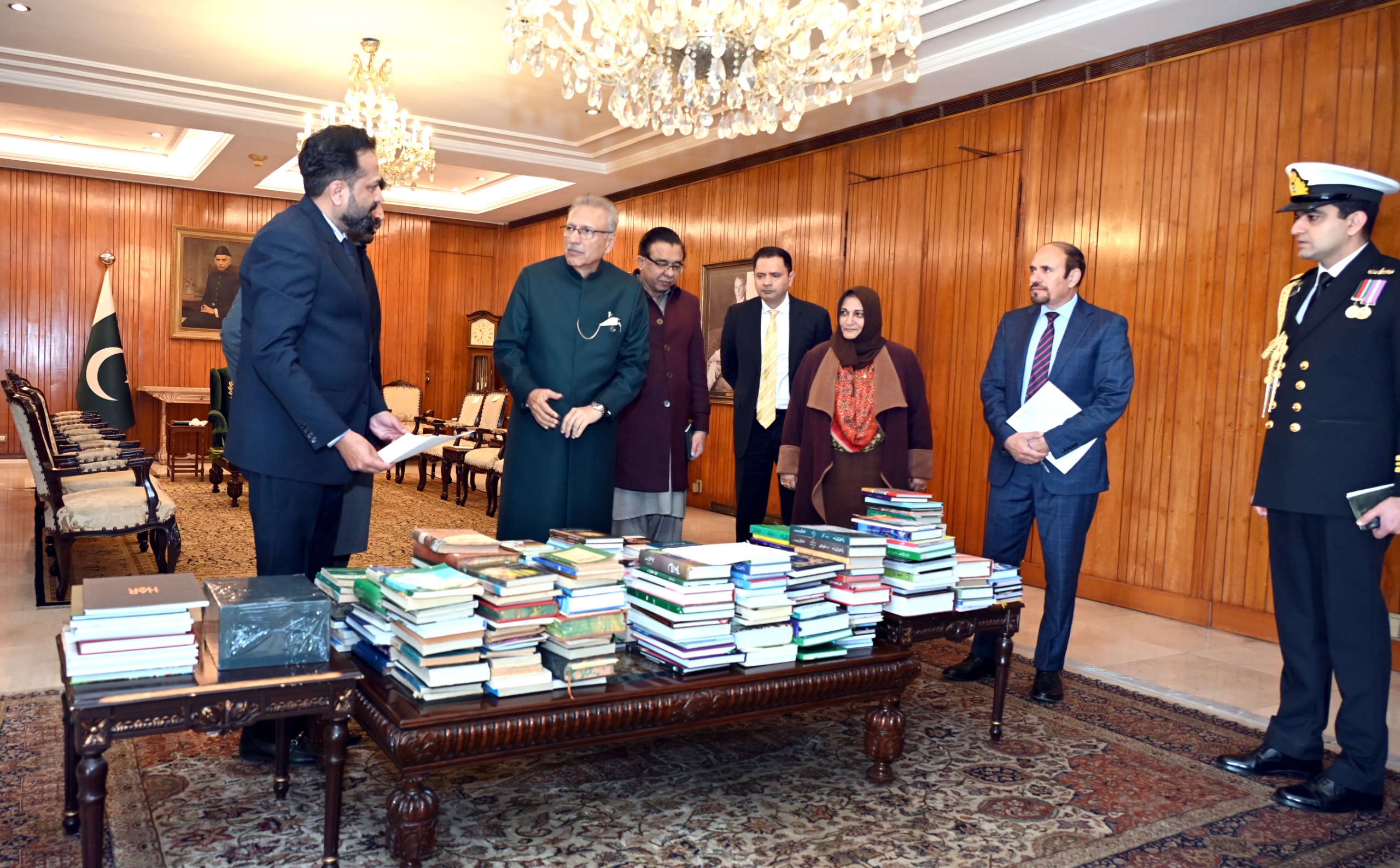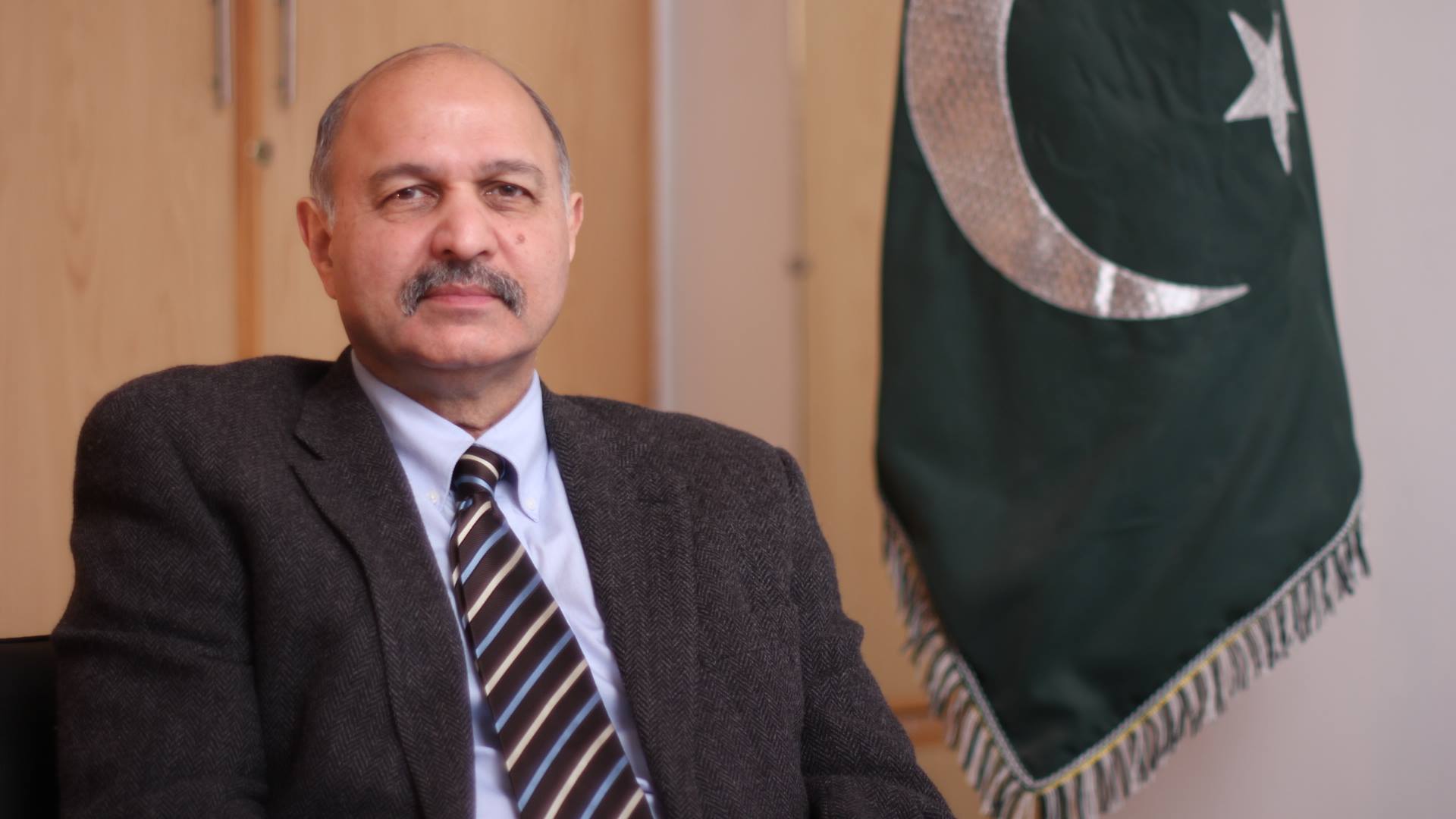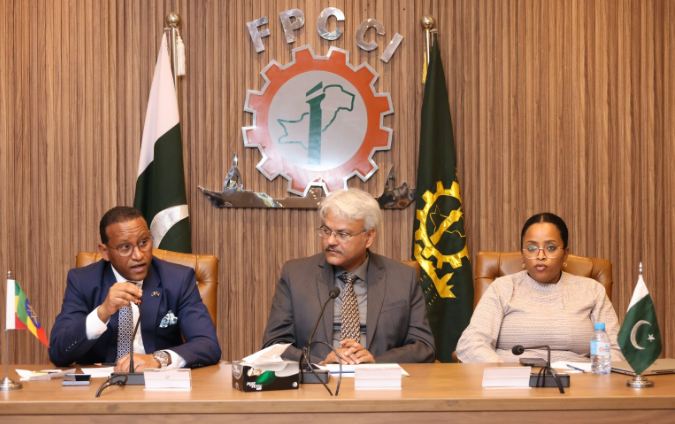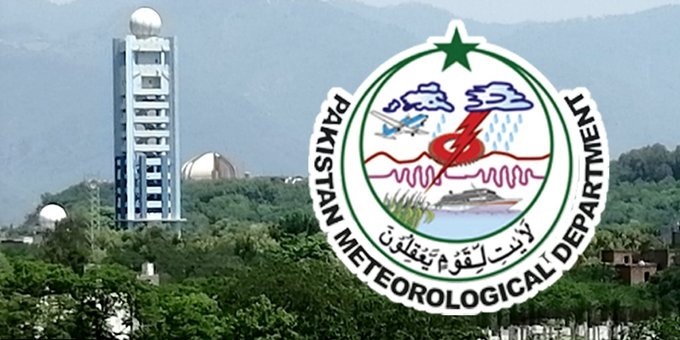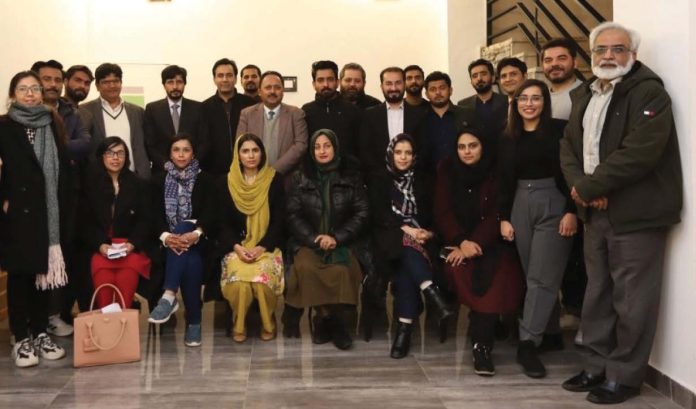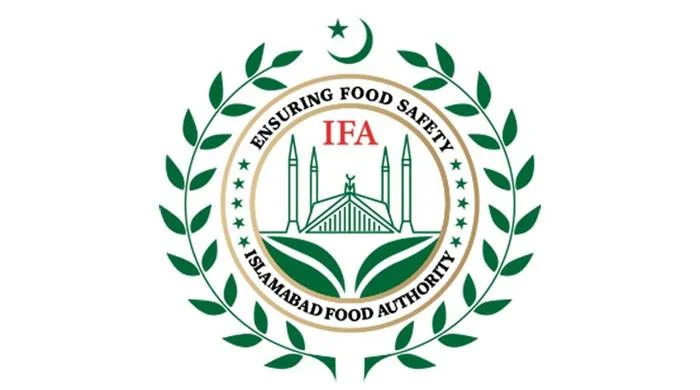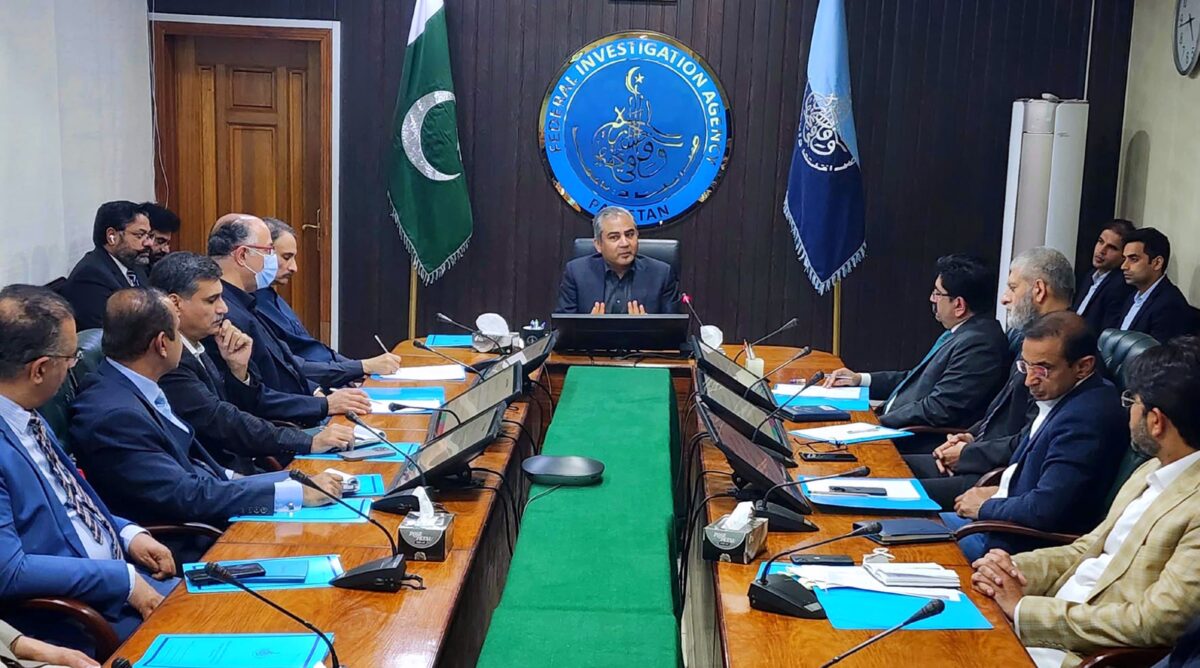By Samina Chaudhry
ISLAMABAD, May 12 (APP):As Pakistan tackles climate change, experts warn that plastic pollution poses a major hurdle, casting a shadow over the nation’s efforts to protect its ecosystems and combat environmental degradation.
“Despite strides in environmental policy and activism, the pervasive presence of plastic pollution threatens to prolong the nation’s fight against climate instability. From clogged waterways to compromised ecosystems, the detrimental effects of plastic cast a shadow over Pakistan’s sustainability aspirations, underscoring the urgency of concerted action” warned a renowned environmentalist Dr Ejaz Ahmed, a former Director at WWF-Pakistan.
Dr. Ejaz Ahmed also advocated the potential of recycling initiatives and scientific advancements in transforming plastic waste into a valuable resource for the country’s benefits. From co-processing fuel in cement production to construction materials, innovative solutions promise to mitigate the plastic menace while reducing carbon emissions, he remarked.
Highlighting the adverse effects of plastic in everyday human life and health, Dr. Ejaz said the repercussions of plastic pervasiveness are manifold, from endangering aquatic life to clogging drainage systems and health woes. Despite concerted efforts to raise awareness and enforce regulations; the insidious spread of plastic persists, permeating daily life from household items to food packaging, he lamented.
Plastic pollution, omnipresent and insidious, is wreaking havoc and from production to disposal, its detrimental effects reverberate across ecosystems, posing a daunting challenge to Pakistan’s sustainability efforts, he expresssed dismay.
In Pakistan, where the specter of climate change looms large, the battle against plastic pollution has assumed paramount importance. With over 300 million tons of plastic churned out globally each year, and a staggering half of it comprising single-use plastics, the urgency to stem this tide has never been more pressing.
While countries like Bangladesh, France, and Rwanda have taken decisive steps to curb plastic proliferation, Pakistan stands at a pivotal juncture, grappling with the highest percentage of mismanaged plastic in South Asia. The issuance of a Statutory Regulatory Order (SRO) banning plastic bags in key cities like Islamabad, Lahore, and Hunza marks a significant stride, albeit amidst a lack of comprehensive policy frameworks at the federal and provincial levels.
Shafee Muhammad Marwat, a Director at the Capital’s civic body, that periodically launches campaigns against pollution, highlighted the dangers of plastic, citing its harm to both human and aquatic life, as well as its detrimental effects on infrastructure. Despite previous efforts to discourage its use through campaigns and fines, plastic remains pervasive, even being used for food and waste disposal, he admitted.
Climate and Health experts echoed unanimous concerns on the dire health consequences of plastic proliferation, citing the emergence of lung diseases, cancers, and dermatological ailments as harbingers of a looming crisis.
Endorsing Marwat and DR Ejaz’s concerns, Dr. Shazia Aslam, a well-known Lahore-based dermatologist , underscores the health risks posed by plastic, including the release of toxic chemicals when heated, leading to lung diseases and cancers.
Highlighting the dangerous effects of plastic on human health, Dr. Shazia Aslam stresses transition to biodegradable alternatives and also advocates to give critical importance to adopt sustainable practices to mitigate its harmful impacts,
As Pakistan navigates the treacherous waters of climate change, the battle against plastic pollution emerges as a defining frontier in its quest for environmental sustainability.
مضمون کا ماخذ : quina resultados anteriores
